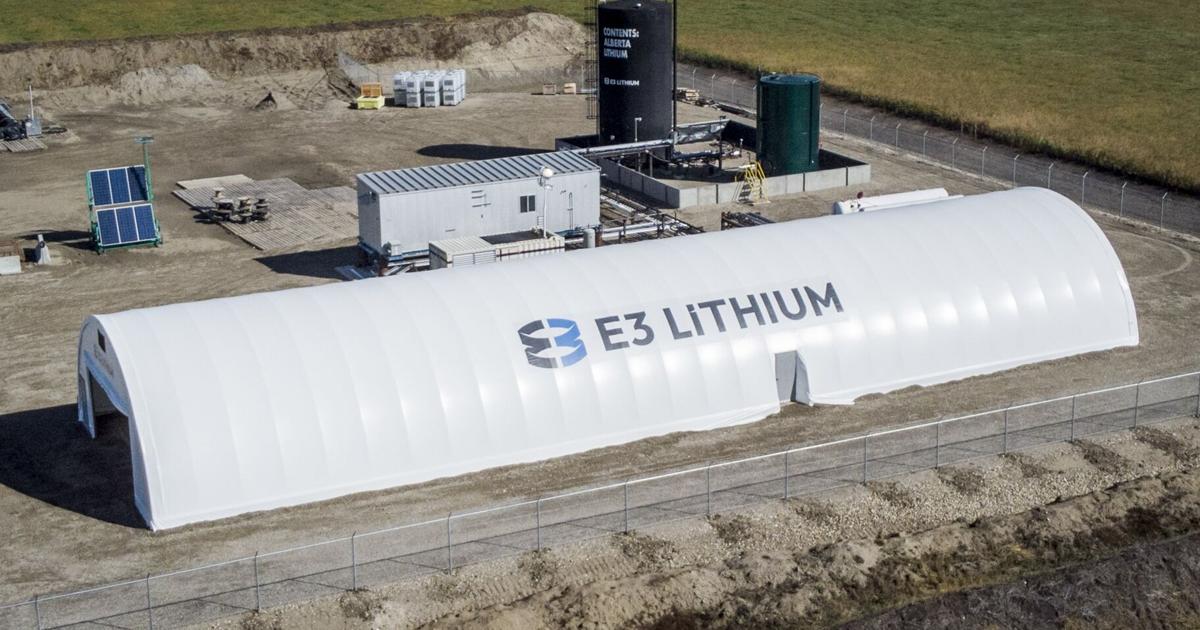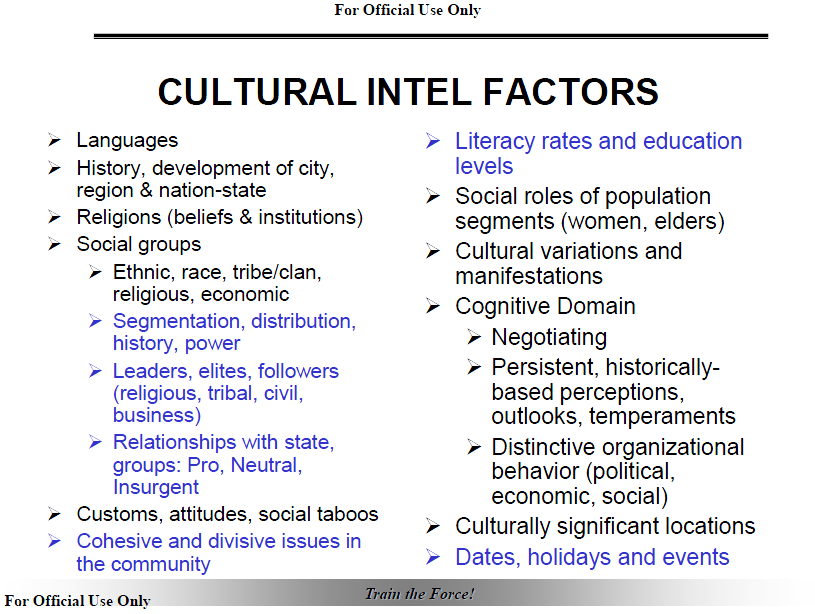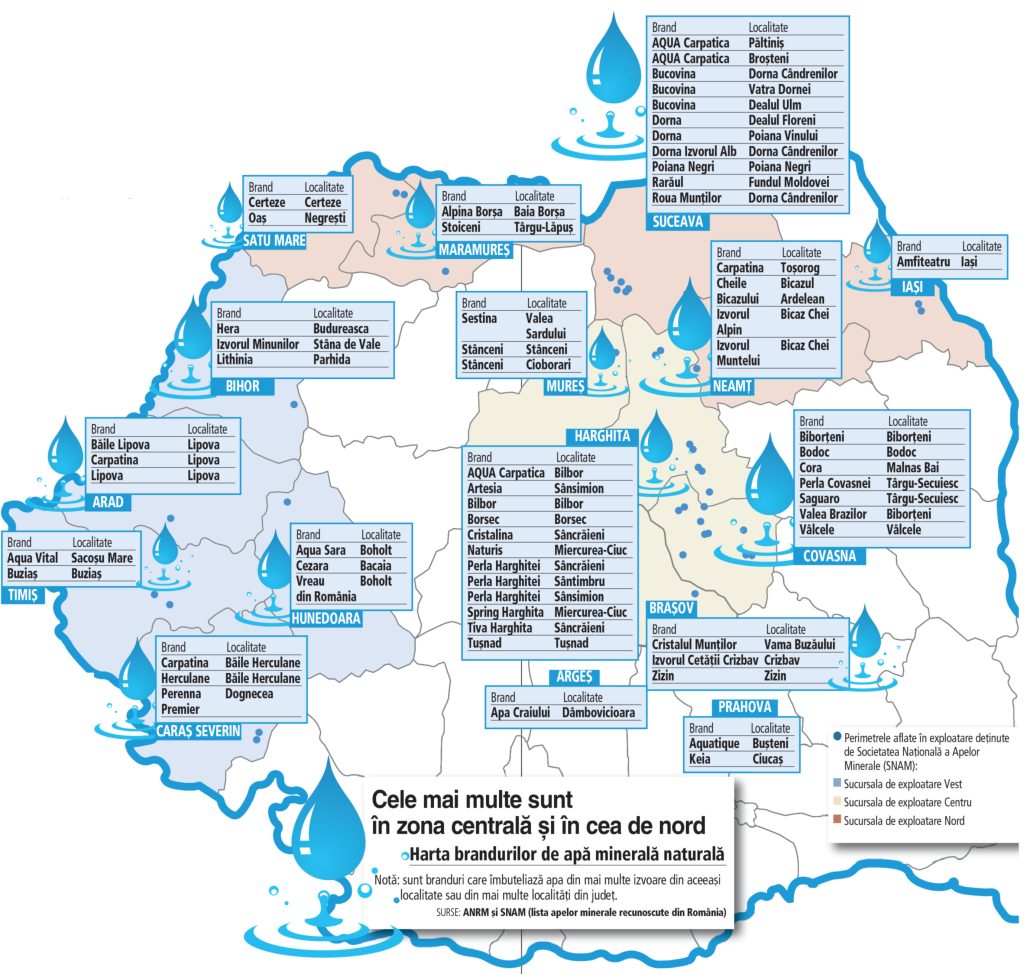Resistance To EV Mandates Grows Among Car Dealers

Table of Contents
Financial Concerns Driving Dealer Resistance
The financial implications of complying with EV mandates are a primary driver of dealer opposition. The substantial upfront investment required presents a significant hurdle for many dealerships, particularly smaller, independent businesses.
High upfront investment costs for EV infrastructure
Adapting to EV sales requires dealerships to undertake costly infrastructure upgrades. This includes installing fast chargers, which can cost tens of thousands of dollars per unit, depending on power capacity and installation requirements. Beyond chargers, dealerships also need specialized tools and equipment for EV repair, necessitating further capital investment. Moreover, training existing mechanics and hiring new technicians with EV expertise adds to the financial burden.
- High cost of installing fast chargers: The price varies significantly based on location, power requirements, and charger type, ranging from several thousand dollars for Level 2 chargers to tens of thousands for DC fast chargers.
- Training mechanics on EV repair: Specialized training programs are needed, requiring time and financial resources, potentially disrupting existing service operations.
- Need for specialized tools and equipment: Diagnostic tools and equipment for EV repair are significantly different from those used for traditional internal combustion engine (ICE) vehicles, adding another layer of expense.
Industry estimates suggest that upgrading a typical dealership to handle EV sales and service can cost anywhere from $250,000 to over $1 million, depending on size and existing infrastructure. This significant financial commitment poses a serious challenge for many dealers, particularly in the face of uncertain consumer demand for EVs.
Uncertainty about EV consumer demand
Dealers are also expressing concerns about the current and future consumer demand for electric vehicles. While EV sales are growing, they still represent a relatively small portion of the overall automotive market. Several factors contribute to consumer hesitancy.
- Range anxiety: Consumers worry about running out of battery charge before reaching a charging station.
- Charging infrastructure limitations: The availability of convenient and reliable public charging stations remains limited in many areas.
- High purchase prices: EVs generally have higher upfront costs compared to comparable gasoline-powered vehicles.
- Limited model variety: Compared to gasoline cars, the range of EV models and options is still relatively limited.
- Concerns about battery lifespan and replacement costs: Uncertainty about battery longevity and the substantial cost of replacement also deter some potential buyers.
Market research consistently indicates that consumer adoption of EVs is slower than initially projected by some government agencies. This uncertainty about consumer demand contributes to dealer reluctance to invest heavily in EV infrastructure.
Logistical Challenges and Training Requirements
Beyond financial concerns, dealerships face significant logistical challenges and training requirements in adapting to the EV market.
Lack of trained technicians and specialized skills
The automotive industry is facing a critical shortage of technicians with the specialized skills needed to repair and maintain electric vehicles. Training existing mechanics requires substantial time and resources, diverting them from servicing traditional vehicles.
- Shortage of skilled labor: The transition to EVs requires new skill sets, creating a demand that exceeds the current supply of trained technicians.
- Need for specialized training programs: Manufacturers and technical schools are working to develop comprehensive EV training programs, but these programs are still in their early stages of development.
- Longer training times compared to traditional vehicles: Mastering EV repair and maintenance techniques typically requires more extensive training than working on conventional vehicles.
Industry initiatives are underway to address this skills gap, including partnerships between manufacturers, technical schools, and dealerships, but overcoming this shortage will take time and investment.
Inventory management and supply chain issues
Managing EV inventory presents unique challenges. Longer lead times for EV production compared to ICE vehicles increase the risk of inventory obsolescence and necessitate more sophisticated inventory management systems.
- Longer delivery times for EVs: Supply chain disruptions and production bottlenecks often lead to extended delivery times for electric vehicles.
- Higher risk of inventory obsolescence: Rapid technological advancements in EV battery technology and other components mean that inventory could quickly become outdated.
- Potential for supply chain bottlenecks: The reliance on specific materials and components for EV production makes the supply chain more vulnerable to disruptions.
The volatility of the EV supply chain adds another layer of complexity to inventory management for dealerships, further contributing to resistance to rapid EV adoption mandates.
Regulatory Burden and Compliance Costs
The complex and often evolving regulatory landscape surrounding EV sales and infrastructure adds another significant burden for car dealers.
Complexity of EV regulations and reporting requirements
Dealerships must navigate a complex web of federal, state, and local regulations related to EV sales, charging infrastructure, and emissions reporting. These regulations vary widely across jurisdictions, increasing the complexity and cost of compliance.
- Navigating diverse EV mandates: Dealerships face varying mandates regarding EV sales targets, charging infrastructure requirements, and reporting protocols across different states and municipalities.
- Complexities of emissions reporting: Accurate and timely reporting of emissions data for EVs presents new compliance challenges.
- Compliance audits and inspections: Dealerships must prepare for regular audits and inspections to ensure compliance with evolving regulations.
The patchwork nature of EV regulations makes compliance challenging and costly for dealerships, adding to their resistance to mandates.
Lack of clear guidelines and support from government agencies
Dealerships often report a lack of clear guidelines and consistent support from government agencies during the transition to electric vehicles. This lack of clarity and support increases uncertainty and adds to the burden of compliance.
- Inconsistent policies across different jurisdictions: The lack of uniform standards and policies across different states and municipalities creates confusion and complicates compliance efforts.
- Insufficient funding for infrastructure development: The limited availability of government funding for EV charging infrastructure hinders dealerships' ability to invest in the necessary upgrades.
- Lack of clear communication and guidance: Many dealerships report a lack of clear communication and guidance from government agencies on EV-related regulations and incentives.
Improving communication, coordination, and consistency across government agencies is crucial to fostering a more supportive environment for dealerships transitioning to EV sales.
Conclusion
Resistance to EV mandates among car dealerships stems from a combination of factors: significant upfront investment costs, uncertainty about consumer demand, logistical challenges, and a complex regulatory environment. These challenges have considerable implications for the automotive industry and the overall pace of EV adoption. Addressing these concerns is critical for fostering a smooth and successful transition to a sustainable transportation future. Understanding the resistance to EV mandates is critical for successful electric vehicle adoption. Join the conversation and let your voice be heard. Share your thoughts on how we can address these challenges and find solutions that benefit both consumers and the automotive industry.

Featured Posts
-
 Understanding Jeremy Arndts Negotiation Role In Bvg Talks
May 16, 2025
Understanding Jeremy Arndts Negotiation Role In Bvg Talks
May 16, 2025 -
 Riscuri Sanitare Apa De Robinet Din Romania Ghid De Siguranta
May 16, 2025
Riscuri Sanitare Apa De Robinet Din Romania Ghid De Siguranta
May 16, 2025 -
 Donald Trump Interview Goldberg Details Unusual Interactions
May 16, 2025
Donald Trump Interview Goldberg Details Unusual Interactions
May 16, 2025 -
 7 12
May 16, 2025
7 12
May 16, 2025 -
 A Master Sergeants Plea The Impact Of Forced Military Discharge On Mental Wellbeing
May 16, 2025
A Master Sergeants Plea The Impact Of Forced Military Discharge On Mental Wellbeing
May 16, 2025
